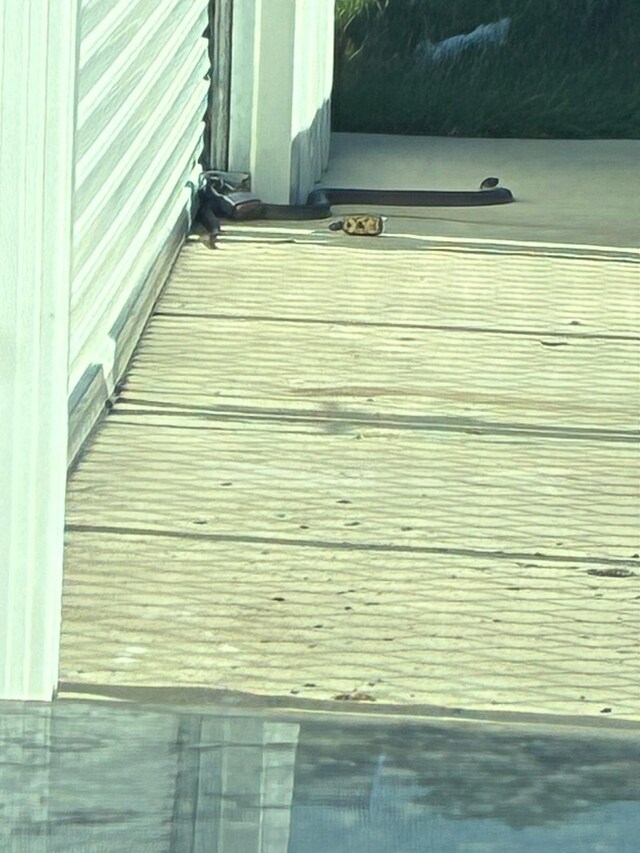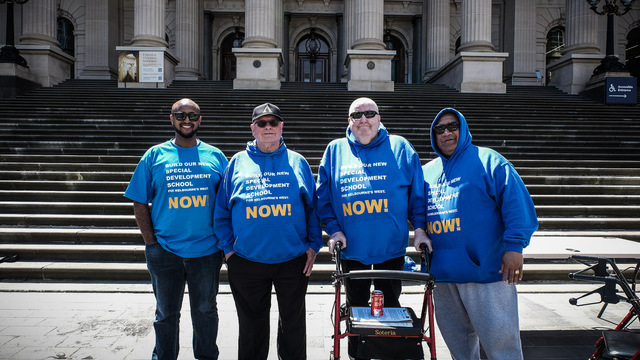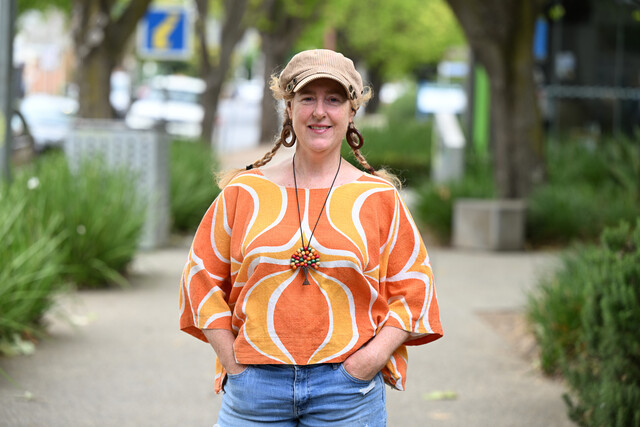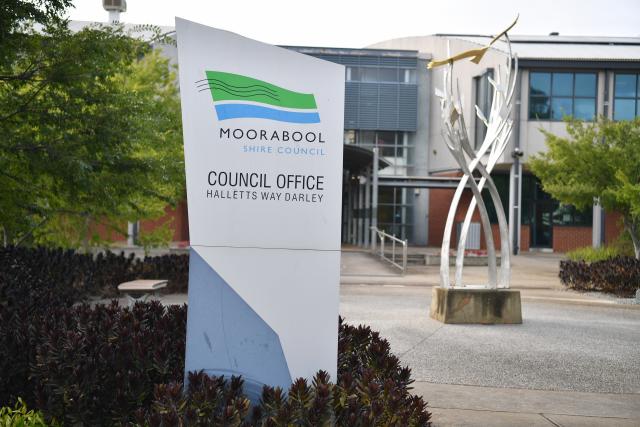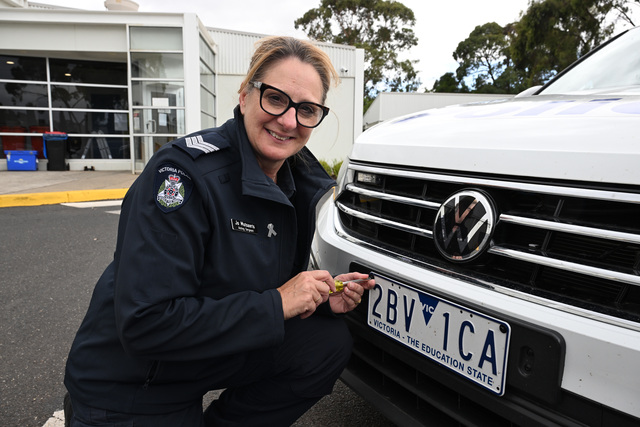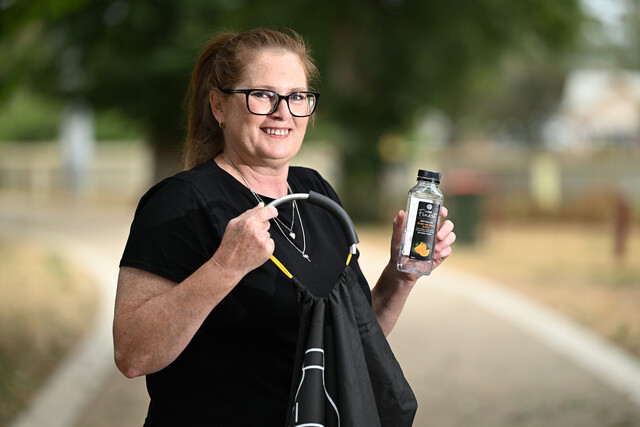Melton council wants to improve street lighting around dark and desolate parks to boost public safety in the city.
Cambridge ward councillor Kathy Majdlik asked officers at last week’s meeting to provide a report examining usage and safety at city parks, the standard of lighting installed at each, and the impact, both financially and on neighbourhood amenity, of increasing lighting in parks found to be deficient.
Cr Majdlik said residents are concerned about particular parks where there isn’t any lighting, with darkness thought to increase criminal activity in these areas.
A report showing how council allocates funding for street lights for parks and the options for increasing the numbers of lights will answer many residents’ questions, Cr Majdlik said.
“I don’t know if [extra lighting] is going to stop negative behaviour, or if that group of people are going to simply move elsewhere, but it’s something I told my residents I would bring to the attention of councillors,” she said.
“It’d be up to the council of the day whether lighting at parks is a priority … or whether reducing criminal activity just comes down to police numbers.
“With this report, at least we can have a reference point – if there is a particular park that is of concern, we can investigate whether street lighting will alleviate that concern.”
Cr Majdlik said street lighting in dark places will improve people’s confidence in their parks and help residents feel safe walking around their neighbourhoods at night.
Detective Sergeant Bob Henley, of the Melton Crime Investigation Unit, said increased lighting at parks could deter criminal activity.
“Anywhere that’s more visible and lit – people are going to feel a lot safer in those areas,” Detective Sergeant Henley said.
“It’s always good to have lights at parks – there’s just n
ot the police safety side of things, but I would say it opens those parks for use at different hours. There are less trip hazards and people stumbling in parks.
“Anecdotally, there’s less criminal activity at lit places – the thing about committing offences is you don’t want to be caught. Offenders feel generally more confident in carrying out crimes if there’s less chance of detection.”
Cr Majdlik’s motion was passed unanimously.







